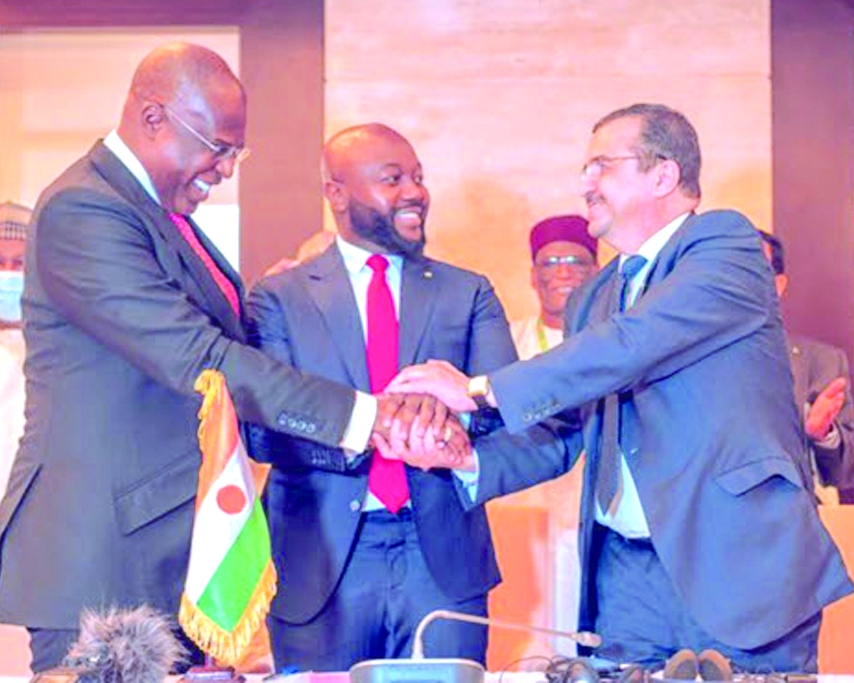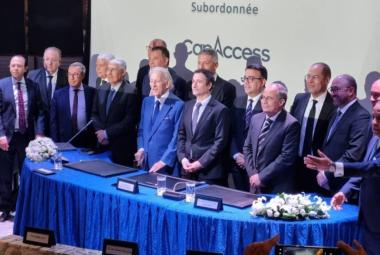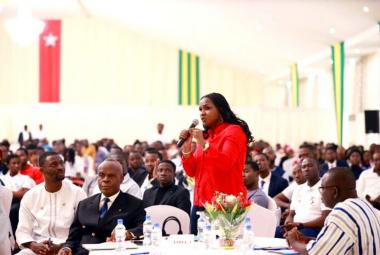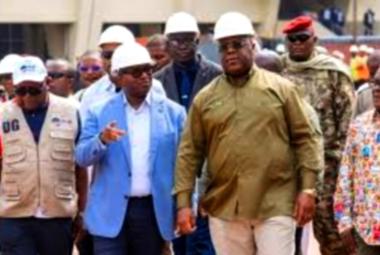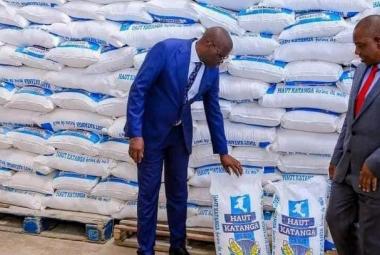Algeria, which is very much in demand at the moment by Westerners for its gas, does not intend to stop at its own resources. He has also decided to relaunch his gas pipeline project in partnership with Nigeria, another African country very courted both in Africa and in Europe for its gas reserves.
“The reactivation of the TSGP project takes place in a particular geopolitical and energy context, marked by strong demand for gas and oil, on the one hand, and by a stagnant supply due to the drop in investments, in particular in the upstream oil and gas, started since 2015”, said the Algerian Minister of Energy and Mines, Mohamed Arkab, during the meeting in Abuja. Which followed the February meeting accompanied by the Niamey Declaration which decided on a roadmap for the project. The meeting last June in Abuja, the federal capital of Nigeria, hosted by the Minister of Energy and Mines, Mohamed Arkab, the Nigerian Minister of State for Petroleum Resources, Timipre Sylva and the Nigerian Minister of Energy and Renewable Energies, Mahamane Sani Mahamadou, therefore made it possible to confirm Algeria's commitment to the Trans-Saharan Gas-Pipeline (TSGP) project and to take stock of the prospects. In addition to these three countries, it will also concern Mali and Chad, which will be associated.
Some see Algeria's desire to relaunch its gas pipeline project in partnership with Algeria as a desire to thwart the ambitions of the Kingdom of Morocco in the field. More than an ambition to seize a business opportunity in these times of serious crisis in terms of hydrocarbons which is the direct consequence of the invasion of Ukraine by Russia. One could say that between Morocco and Algeria, it's fair game.
Now there are two gas pipeline projects led by two Maghreb countries that have long had stubborn political differences that want to compete in the energy field in Africa. Except that, with its Sahara-Europe gas pipeline project, Algeria is a little behind Morocco, whose negotiations are well advanced at the moment. Between the trans-Saharan proposal of Algeria and the project of Morocco, very clever who will say the first to arrive safely.
The advantage of the Morocco project is that it is supposed to be an extension of the existing West African gas pipeline to run along the West African coast from Nigeria to Morocco, before entering Europe through Spain. It is estimated that it could thus transport 40 billion cubic meters per year.
Algeria is proposing through its 4,128 km long trans-Saharan gas pipeline, which should start from the industrial complex of the city of Warri in Nigeria to the Wilaya of Laghouat in northern Algeria. With a capacity initially estimated at 30 billion cubic meters of gas per year, it is approximately equivalent to the annual consumption of Spain. Its major drawback is that it will be necessary to put an end to the acts of terrorism of the Jihadists in the Sahel in particular. But faced with the Moroccan project, Algeria seems determined to go through with its project. So much so that our colleague Le Jour d'Algérie wrote on this subject: “The agreement between Algeria, Nigeria and Niger signed: Trans-Saharan gas pipeline: Algeria reconnects with its African identity (…) The Ministers of Energy of the Algeria, Nigeria and Niger, have agreed to materialize the realization "as soon as possible" of the Trans-Saharan Gas-Pipeline (TSGP) project, a regional infrastructure of international scope, allowing the supply of Europe with natural gas and the socio-economic development of these three countries".
Even if Algeria is determined and has all the necessary capabilities to carry out this project and the country's authorities are very keen on it, everything will depend on Nigeria's position. Between Morocco and Algeria, she will certainly have to choose.
Germany, which traditionally depends largely on Russian gas, had bet heavily on Nord Stream projects. But the international geopolitical situation and its corollary of war in Ukraine, which has put a stop to the supply of Europe thanks to Russian gas from Nord Stream 2, is now forcing Europeans to turn to Africa.
By Daniel Yaoni



